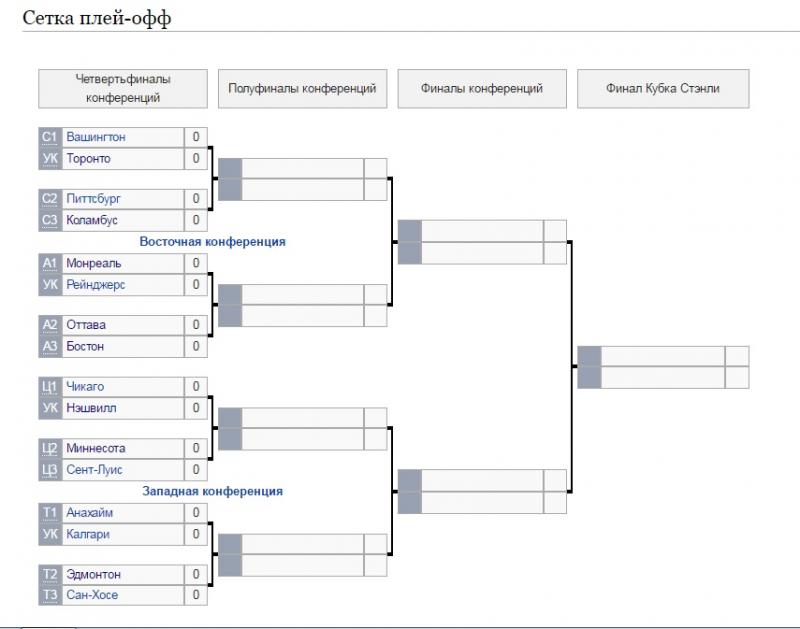Circumventing Censorship: Block Mirror And Dystopian Website Access

Table of Contents
Understanding Censorship and its Methods
Internet censorship, the control or suppression of what can be accessed online, takes many forms. Understanding these methods is crucial for effectively circumventing them.
Types of Censorship:
Internet censorship manifests in various ways, impacting both individuals and groups. We can categorize censorship broadly into:
- Government Censorship: Governments often restrict access to information deemed subversive, politically sensitive, or threatening to their authority. This is often referred to as state censorship and is a major concern for human rights advocates. Examples include the "Great Firewall of China" and restrictions in several authoritarian regimes.
- Corporate Censorship: Large corporations, particularly internet service providers (ISPs) and social media platforms, may censor content they deem inappropriate, harmful, or detrimental to their business interests. This type of censorship is often driven by profit motives or compliance with legal requirements.
- Self-Censorship: Individuals or organizations may choose to restrict their own online expression due to fear of reprisal, social pressure, or the potential consequences of speaking out. This is a significant factor in countries with repressive regimes where the threat of surveillance is ever-present.
Techniques Used for Censorship:
Several techniques are employed to implement censorship:
- DNS Blocking: This method prevents users from accessing websites by blocking their domain names. When a user attempts to access a blocked site, their request is not resolved, resulting in a connection failure.
- IP Blocking: This blocks access to websites by preventing connections to their IP addresses. This technique is more robust than DNS blocking, as it directly prevents access even if the user knows the IP address.
- Deep Packet Inspection (DPI): DPI examines the contents of internet traffic, allowing for the identification and blocking of specific keywords, files, or protocols. This is a more sophisticated method, capable of blocking even encrypted traffic (though strong encryption can significantly hinder its effectiveness).
The impact of censorship is far-reaching, restricting freedom of speech, hindering access to diverse perspectives, and limiting the free flow of information essential for a thriving society.
Utilizing Block Mirrors to Access Restricted Content
When websites are blocked, accessing their content requires alternative strategies. Block mirrors are one such solution.
What is a Block Mirror?
A block mirror is a copy of a website hosted on a different server, often in a location where the original website is not blocked. It functions as a duplicate, providing access to the same content even if the original site is inaccessible due to censorship. The user connects to the block mirror’s URL, which then redirects them to the mirrored content, effectively bypassing the censorship mechanism.
- How Block Mirrors Work Technically: Block mirrors replicate the entire website's files and databases on a separate server. When a user accesses the block mirror's URL, their request is routed to this mirrored server, delivering the content without encountering the restrictions applied to the original site.
- Advantages of Using Block Mirrors: Block mirrors provide easier access to restricted content, overcoming geographical limitations. They often offer a straightforward solution for users with limited technical expertise.
- Disadvantages and Risks Associated with Using Block Mirrors: While helpful, block mirrors present potential security risks. The mirror site may not be as well-maintained or secure as the original, making it vulnerable to malware or phishing attempts. The authenticity of the content may also be questionable.
Alternative Methods for Circumventing Censorship
Block mirrors are one tool, but other methods exist for circumventing censorship.
VPNs (Virtual Private Networks):
VPNs encrypt internet traffic and mask a user's IP address, making it appear as though they are browsing from a different location. This allows them to bypass geographical restrictions and access websites blocked in their region.
- Advantages of Using VPNs: Enhanced privacy, bypassing geographical restrictions, increased security by encrypting internet traffic.
- Disadvantages of VPNs: Speed limitations, cost (many VPN services are subscription-based), potential for logging user data (choose reputable providers with strong no-logs policies).
Proxy Servers:
Proxy servers act as intermediaries between a user and the website they are trying to access. The user's request is routed through the proxy server, masking their IP address.
- Advantages and Disadvantages of Using Proxy Servers compared to VPNs: Proxy servers are generally less secure than VPNs, as they don't typically encrypt traffic. They are often free but may be less reliable and slower. Anonymous proxies offer more privacy than transparent proxies.
- Types of Proxy Servers: Anonymous, transparent, high anonymity.
Tor Network:
The Tor network is a privacy-focused system that routes internet traffic through multiple relays, making it incredibly difficult to trace a user's online activity.
- How the Tor Network Works (Onion Routing): Traffic is encrypted and passed through multiple servers (nodes) in a chain, with each node only knowing the preceding and succeeding node in the chain, obscuring the origin and destination of the data.
- Advantages and Disadvantages of Using Tor: Enhanced anonymity, slower speeds due to the multiple layers of encryption, potential for security risks if not properly configured or used with caution.
Conclusion
Circumventing censorship involves choosing the method that best suits your needs and technical capabilities. Block mirrors offer a relatively simple solution for accessing specific blocked sites, while VPNs, proxy servers, and the Tor network provide varying degrees of anonymity and security. Each method has its advantages and disadvantages; understanding these is crucial for making informed decisions. While circumventing censorship offers increased access to information, it's crucial to proceed cautiously and responsibly. Thoroughly research your chosen methods for circumventing censorship and prioritize your online security and privacy. Remember that the responsible and ethical use of these tools is paramount.

Featured Posts
-
 Steffens Struggles Earthquakes Fall To Rapids Despite Goalkeepers Efforts
May 16, 2025
Steffens Struggles Earthquakes Fall To Rapids Despite Goalkeepers Efforts
May 16, 2025 -
 Tom Cruises 1 Debt To Tom Hanks Will He Ever Pay Up
May 16, 2025
Tom Cruises 1 Debt To Tom Hanks Will He Ever Pay Up
May 16, 2025 -
 La Liga President Tebas Criticizes Ancelottis Rest Demands For Real Madrid
May 16, 2025
La Liga President Tebas Criticizes Ancelottis Rest Demands For Real Madrid
May 16, 2025 -
 Ovechkin I Leme Ravenstvo Po Golam V Pley Off N Kh L
May 16, 2025
Ovechkin I Leme Ravenstvo Po Golam V Pley Off N Kh L
May 16, 2025 -
 The 2025 Nhl Draft Lottery Impact On The Utah Hockey Clubs Future
May 16, 2025
The 2025 Nhl Draft Lottery Impact On The Utah Hockey Clubs Future
May 16, 2025
